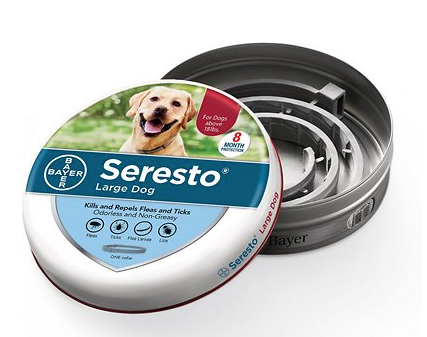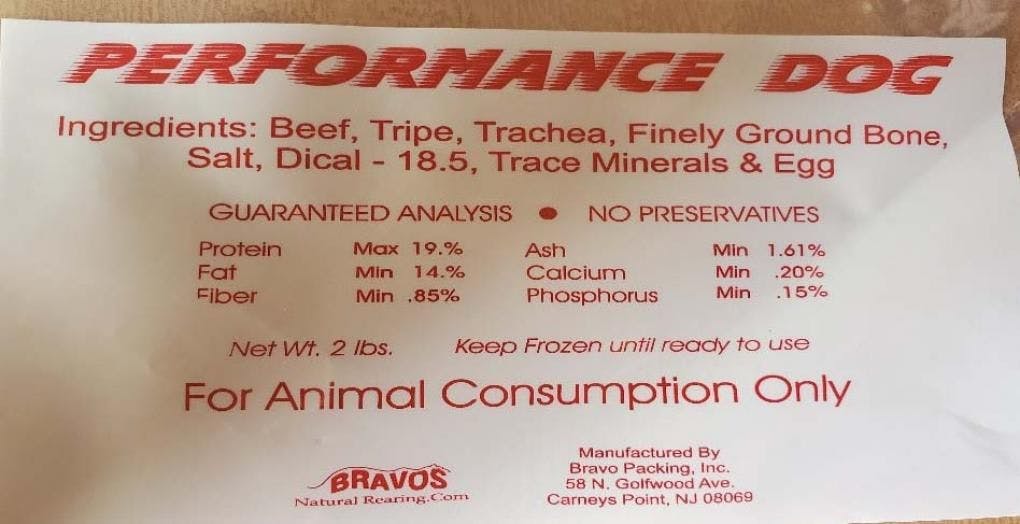Creative veterinary clinic sale terms: Risks vs benefits
Not all veterinary practice sellers are ready for retirement. Here is a look at several creative practice buyout options that allow the owner to stay on.
Veterinarians sell their practices for a variety of reasons. It’s logical to think that the owner is getting ready to retire, but that’s certainly not always the case. Some sellers are simply anxious to take advantage of the frothy prices currently being paid by corporate consolidators. Others are fairly young but just need a break—temporary or permanent—from the many management headaches involved in practice ownership, especially keeping their hospital fully staffed in a tight labor market. Other sellers just want to cash out so they can wait out their noncompete period and open up another practice in hopes of selling it into an even loftier market.
In an apparent effort to satisfy the myriad goals of veterinary practice sellers, many national and regional consolidators have developed creative buyout scenarios, providing a number of nonretirement options for the selling practice owner. Let’s look at the risks and benefits of some of these emerging programs.
Long-term medical director appointment
Sellers who are relatively young (and some who are older but not yet ready to quit clinical practice) might seek out a corporate buyer that encourages their sellers to remain on staff as medical director. By accepting that position, the seller can continue to have a say in how the clinic that they spent years developing will be operated in the future.
The benefit for the seller can be financial as well. In a market in which it can be very difficult to hire experienced veterinarians, seasoned practice owners can ask the acquiring corporation for a number of solid incentives to go with their salary or pro-sal compensation percentage, such as full health insurance, extra weeks of paid time off, or perhaps an extended continuing education hiatus at a learning program in Hawaii.
Partnering with your corporation
Some consolidators are rolling out a strategy by which a seller can continue to operate the hospital in conjunction with the corporate purchaser. In this scheme, the seller retains just under half of the practice in exchange for the right to participate in the profitability of the clinic being sold. For example, 55% of a clinic with a mutually agreed value of $1 million would be sold to a consolidator for $550,000. A prearranged buyout of the seller would be established based on one of a number of pricing formulas. The seller stays on for years, hopefully reaping the financial benefits of increases in the practice’s growth and profitability.
There are 2 main downsides for the seller in this scenario. First, the seller only gets half their money for the clinic at the closing; and second, the practice could do worse after the partnership begins owing to the consolidator’s management. If that occurs, both the buyer and seller take a substantial financial hit.
Investing back into the practice
A similar program is sometimes offered by consolidators without the degree of risk involved with partnering. A corporation may agree to buy a clinic at a solid price but allow the owner (and possibly some key associates) to retain a small but significant minority share of the practice. This allows the seller, who may or may not work at the hospital after the traditional mandatory year or two of “prior owner retention” at the facility, to keep getting profit distributions from the practice for a defined period of time. If the clinic thrives, this can be a good investment. If the consolidator does a lousy job running the place, the former owner can’t get hurt too badly.
Owner accepts equity in acquiring corporation
Some consolidators offer (and sometimes encourage) practice sellers to take a small ownership position in the acquiring corporation instead of all cash for the purchase price. Whether this is suitable for any individual seller must be determined through substantial due diligence and by enlisting savvy professional advice.
It works like this: Dr Smith is offered 2 options by a potential corporate suitor. He may sell the whole practice to DogCorp for $3 million, or he could sell to DogCo for $2 million cash and $1 million in DogCo stock (or LLC membership if appropriate).
Unlike the previously described owner-participation schemes, Smith is risking $1 million not only on the skill of the acquirer in running veterinary clinics but also on the perception of 2 other big financial players with respect to how well the company’s other hospitals are being run.
In this “stock in lieu of closing funds” approach, the owner is hoping for 1 of 2 things to happen. One is that the consolidator will soon be “re-capitalized” by Wall Street and in so doing the value of the shares accepted in lieu will be priced much higher than the price assigned to the equity at the sale of the Smith clinic.
The other is that the consolidator will take DogCo to a securities exchange as an initial public offering (IPO). This sounds awesome, but keep in mind that IPOs do not always mean that the price of the offered security rises. Many promising IPOs of yore are now bankrupt. Of course, many have also flourished after obtaining massive influxes of capital, which is ultimately the objective of going public.
Do your homework
Each of the clinic purchase scenarios described here has dramatically different tax implications. Prior to choosing a sellout plan, make absolutely sure that you discuss the various options with a certified public accountant who is experienced in such transactions. And in the case of taking equity in lieu, learn as much as humanly possible about the acquirer and its historical success (or lack thereof ) in managing veterinary hospitals.
Christopher J. Allen, DVM, JD, is president of Associates in Veterinary Law PC, which provides legal and consulting services exclusively to veterinarians. He can be reached via email at info@veterinarylaw.com. Allen serves on the dvm360® Editorial Advisory Board.

When cost is a barrier for clients: Navigating financial challenges
May 13th 2025In this Q&A article, Robyn Jaynes, DVM, director of veterinary affairs at PetSmart Charities, shares expert advice on how the veterinary profession can better support pet owners facing financial barriers to care.
Read More
























